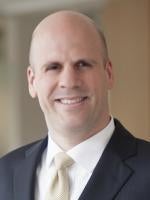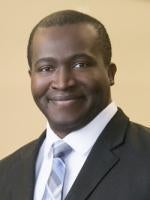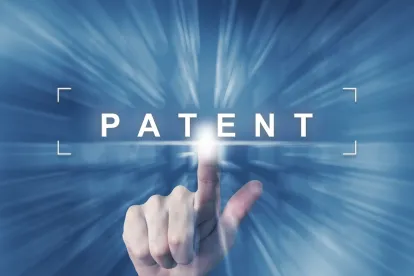On March 27, the US Supreme Court heard arguments in TC Heartland LLC v. Kraft Foods Group Brands LLC to decide whether 28 U.S.C. § 1400(b) (“patent venue statute”) is the sole and exclusive provision controlling venue in patent infringement actions or whether the patent venue statute is supplemented by provisions of 28 U.S.C. § 1391(c) (Venue Clarification Act of 2011). The patent venue statute states that “Any civil action for patent infringement may be brought in the judicial district where the defendant resides, or where the defendant has committed acts of infringement and has a regular and established place of business.” This case focuses on the interpretation of “resides.”
TC Heartland LLC (“TC Heartland”) is headquartered in Carmel, Indiana and “produces and supplies liquid water enhancers and zero calorie sweeteners for the retail market.” Kraft Foods Group Brands LLC (“Kraft”) sued TC Heartland for patent infringement in US District Court for the District of Delaware. TC Heartland is appealing from its unsuccessful attempts to transfer this case to the US District Court for the District of Indiana. Kraft argues that the Venue Clarification Act of 2011 clarified the definition of residence for all venue purposes as any judicial district in which a defendant is subject to the court’s personal jurisdiction. In contrast, TC Heartland argues that the Supreme Court’s interpretation of the patent venue statute in Fourco Glass Co. v. Transmirra Products Corp., 353 U.S. 222 (1957)—construing “where a defendant resides” to mean the state of incorporation only—is still good law.
Questioning during oral argument suggests that the justices remain unsettled on how to address the issue. Justice Kagan, for example, appeared concerned about the tension between precedent and established practice, observing that “for 30 years the Federal Circuit has been ignoring our decision” in Fourco, but adding that “for more than 30 years the practice has been the other way.” Justice Ginsburg’s questioning reflected skepticism of the Fourco decision, suggesting that the idea of limiting venue against a company to a single location—i.e., the place of incorporation—is an anachronism. Chief Justice Roberts’ questioning proceeded from a textual approach, noting that the general venue statute applies “except as otherwise provided by law,” which he thought indicated Congress’ intention not to overturn the Fourco decision. Without a clear consensus, it is likely that the Supreme Court may not issue its decision until the end of the term in June.
This case is extremely important for patent litigation as it could determine where new patent cases are filed and may open the door to a wave of venue transfer motions.





 />i
/>i

